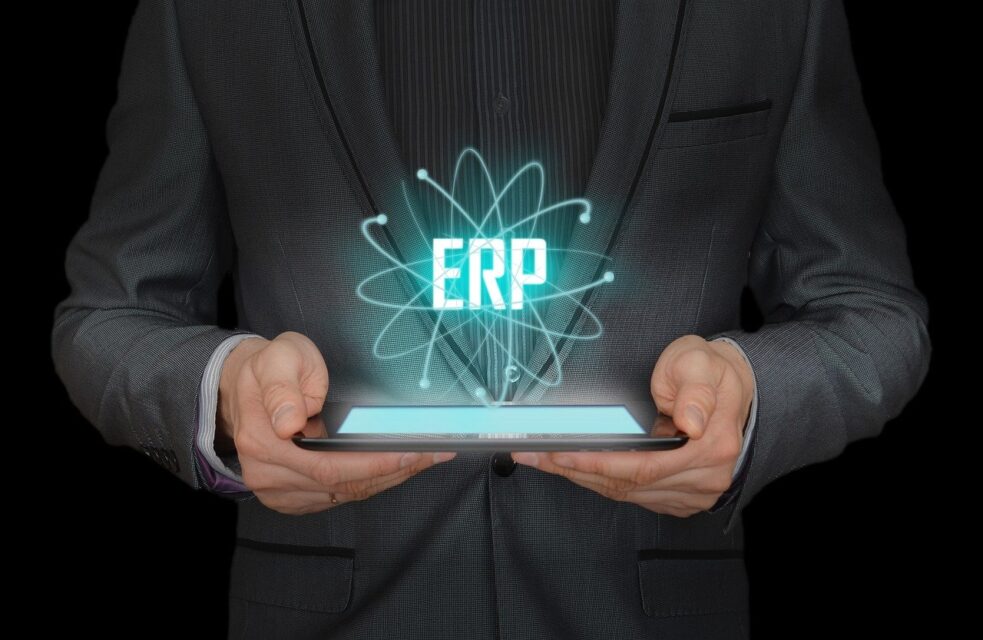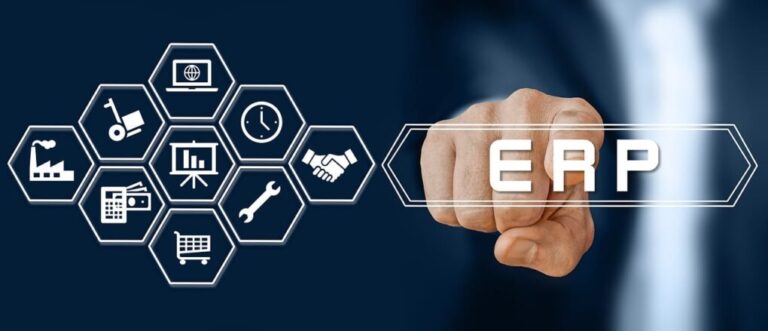An Enterprise platform is a single pieces of software with a set of shared features that are vital for companies to achieve their corporate objectives. They support a firm by giving it the organizational capacity to control, unite, and smooth out many business operations. But for what main purpose does an enterprise platform serve? Any company trying to maximize technology for competitiveness and expansion depends on awareness of this.
What’s an Enterprise Platform?
An enterprise platform is a complete-featured software tool for operating and combining multiple corporate operations within one entity. These systems are designed to enable sophisticated activity across many departments, including finance, personnel resources, supply chain management, customer relations, among others. Unlike stand-alone programs, an enterprise platform offers an integrated environment where many parts of a company may easily interact to guarantee operational effectiveness and consistency of data.
A few of them, for instance, are SAP, Oracle, and Microsoft Dynamics—integrated sets of tools the company may employ to handle anything from inventory to customer contact. Its main goal is to assist in concentrating all the company operations in a manner that improves its capacity of management, control, and optimization.
Function of an Enterprise platform

1. Combined Operations Management
The most crucial of all the tasks of an enterprise platform is probably coordinating many company activities. The main component is information integration across many corporate sectors like sales, finance, human resources, and supply chain under one system. Under this perspective, many systems that were in use in the past and often resulted in data silos and inefficiencies of the past are replaced with business platforms.
For most of the corporate systems, for instance, enterprise resource planning constitutes the fundamental component. Daily corporate operations like accounting, procurement, project management, and production are controlled by an ERP system. All taken collectively, the company can guarantee that data flows freely throughout the company, therefore improving coordination and quick decision-making.
The whole company shares relationship information in terms of customer actions and sales support systems. Such connection between CRM and ERP systems has beauty in that it allows companies to provide consumers a more consistent and customized experience. The latter is among the main elements that help to establish enduring bonds with clients.
2. Analytics and Data management
Data is often said to be the lifeblood of every contemporary company, and business systems are meant to let a company especially use its data as such. Any enterprise platform is based on the capacity to manage and evaluate enormous amounts of produced data by a company.
Enterprise systems provide tools for data collecting, storage, and analysis, therefore helping companies to make informed choices based on data. Here the Business Intelligence component is very important. Business performance may be shown by organizations preparing reports, dashboards, and visualizations made possible by BI technologies included into corporate platforms.
For instance, it will examine sales data for certain trends and patterns, which will help a business forecast future sales and implement the required steps. Data analytics will therefore help companies to maximize their operations, hence reducing expenses and usually improving their performance.
3. Client Relationship Management (CRM)
Customer relationship management is another main advantage of an enterprise platform. Enterprise systems enable a company to document, control, and monitor contacts—present and future—with its customers, therefore supporting CRM systems. These include client relationships, sales leads, marketing programs, and customer service initiatives.
An efficient CRM system helps the company to know precisely the demands and preferences of its client, thereby guiding its activities. To let companies create a smooth, customized customer experience, enterprise systems combine CRM with other company operations like sales and marketing.
For example, CRM systems may monitor consumer buying behavior and suggest fresh products or services that would better fit their particular needs. To this extent, the degree of customization may really help to increase customer loyalty and happiness.
4. Chain of Supply Management
An additional main use of an enterprise platform is supply chain management (SCM). From the start of manufacture until they find their way to the consumer, SCM is the process in charge of products and service flow. From procurement and inventory control down to transportation and order fulfillment, an enterprise platform brings all elements of a supply chain together.
To enable a company to reach maximum operational efficiency and hence save costs, enterprise platforms combine all these supply chain functions into one system. Real-time data monitoring of data indicates to the firm the degree of stock availability within an SCM software system, therefore enabling them to predict the level of demand, and then modify production to correspond with the demand estimate. This will go beyond mere prevention of understocking and overstocking of the inventory to guarantee timely fulfillment of consumer orders.
Furthermore included in more sophisticated SCM systems installed on corporate platforms are predictive analytics features. These instruments enable the historical data to be analyzed, future demand to be projected, any possibility of supply chain disturbance to be identified, and recommendations for corrective action ahead of any issue actually starting to develop.
5. Financial Control
Any company cannot function without a suitable system of financial management. From planning and forecasting to accounting and financial reporting, enterprise systems have well-rounded solutions for handling business money.
Enterprise systems prove that the financial data is correct and current by combining other company information with finance-related data. Decisions about the allocation of resources, investments, and cost control depend on the wide integration of knowledge at this level.
An enterprise platform, for instance, might provide real-time financial performance data about a firm so that managers may see over-spending or when revenues are dropping and respond accordingly. Moreover, automated financial reporting systems may provide reports satisfying regulatory criteria, therefore lowering mistakes and guaranteeing openness.
Benefits of using an Enterprise Platform
Businesses stand to gain a few significant advantages from the clear elements of an enterprise platform—integrated operations management, data management and analytics, CRM, SCM, and finance management.
1. Productivity and efficiency
By use of numerous business process integration into one platform, companies may avoid duplication and thereby enhance their operations. Since all software and information an employee could require is kept in one system, this finally boosts productivity.
2. Improved decision-making
Real-time data and analytics found on enterprise platforms provide department managers with the tools they need to make quick choices on demand. Whether it be a change in marketing plan or a refocusing of resources, the capacity to act on current, correct information is very valuable.
3. Scalability and adaptability
Companies expand, and with them do their requirements. Usually, enterprise systems are designed to grow as the business expands in new functional capabilities and user count. This feature enables the platform to keep being useful in the company throughout time and either keep or enhance its performance.
4. Unified Customer Experience
By means of CRM systems included into the platform, companies may establish a unified, enterprise-wide customer experience. This helps to place every engagement at each contact point in perspective, therefore fostering better customer satisfaction and loyalty and ultimately helping to strengthen the connection.
Problems associated with Using Enterprise Platforms
There are certain issues and concerns even if most of the advantages of using an Enterprise platform outweigh each other.
1. Complex implementation strategies and initial Cost
Regarding time and money, using an enterprise platform might be a major outlay. Especially for large companies with multiple current systems to be seamlessly connected and training and customizing to be done, the initial configuration may be somewhat complicated.
2. System integration
Linking with the enterprise platform becomes complicated and incredibly challenging for companies when the client already has older systems installed. Planning and execution must be given enough attention.
3. Training and adoption
Employees must be coached on how to utilize an enterprise platform if it is to be functional. This takes time, hence the company can run into some problems as staff members attempt to undermine the relocation.
Bottom line
Generally, an enterprise platform acts as a central point to combine many business processes with an eye toward use by the particular company to control its operations and provide a useful basis for decision-making. From customer connections and supply chains to financial operations and data analytics, successful company operations today must make use of enterprise platforms.
Although an enterprise platform is difficult to use, its worth in terms of efficiency, scalability, and better decision-making makes the difficulties of these solutions seem little. Enterprise platforms will take the front stage in the ongoing innovation and expansion of companies.
